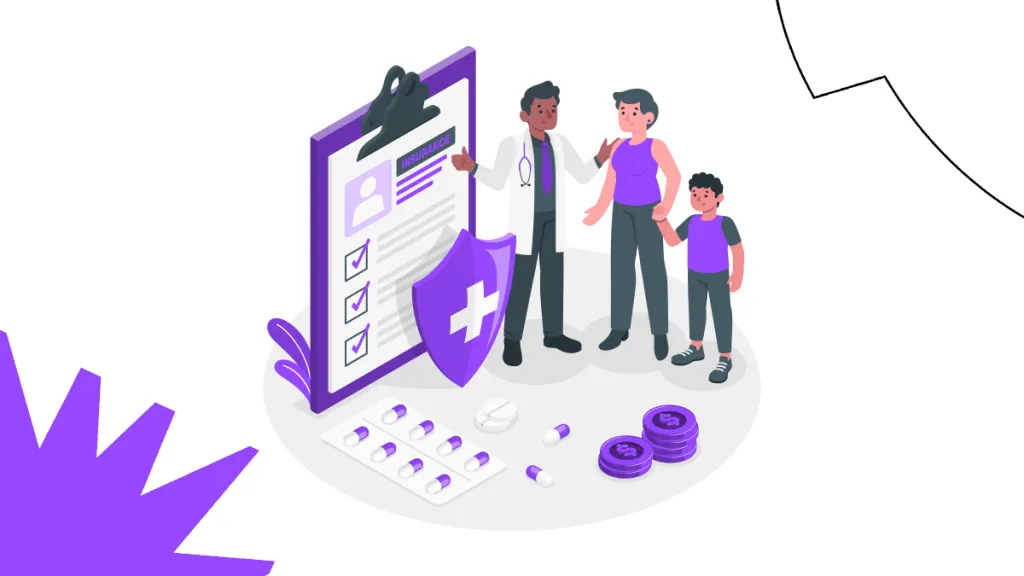Despite ongoing digitization in many industries across the UAE, the region’s insurance market is still lagging behind. The current system is outdated and inefficient, limiting productivity and negatively impacting the customer experience.
However, the good news is that things are changing as more insurance businesses recognize the need for digital transformation. According to a recent Capgemini World InsurTech report, 67% of UAE-based insurers are looking to collaborate with InsurTechs and 85% want to partner with technology providers.
In addition to this, more than 60% of traditional insurance operators are interested in working with large-scale technology operatives, signalling the start of a material shift in how the UAE insurance industry operates.
If they truly want to drive cost-efficiency while putting themselves in the best position to meet employees’ changing expectations, businesses in the UAE must take a similar approach. They must be prepared to embrace digitisation and transform their insurance strategy through a digital-first approach.
Industry limitations
So, where is the UAE insurance industry currently falling short? The first issue is fragmentation. There are a huge number of different players and policies in the value chain, which is made more complicated by the fact that most touchpoints are manual in nature. For example, there are more than 60 insurance providers in the UAE – each with 30-40 different plans – which makes it extremely difficult for businesses to identify the best coverage for their needs.
What’s more, this fragmentation means that much of the work that goes into insurance planning and early stage decision-making is influenced by word of mouth, personal recommendations and anecdotal evidence. This is an extremely risky approach to picking a broker or insurer. Group health insurance represents a significant investment that will impact employees’ wellbeing and lock the company into a policy for 12 months – so picking the right partner is vital.
The final limitation is a lack of data. Many local brokers and insurers simply can’t provide the depth of data insights needed to help businesses adapt to employee expectations and proactively manage costs. Insurance companies rarely provide claims data to companies with less than 100 employees and utilization data is not provided in real-time – leaving businesses unable to make informed decisions.
At Bayzat we believe there is an opportunity to modernize and transform the group health insurance journey. It’s time for businesses to take a new approach – one that gives them access to the insights and functionalities they need to save valuable time and money while setting the business up for future success.
New-age insurance
The most effective insurance strategies are guided by a combination of data insights and expert advice. This highlights the need for a digitally-native, technology-driven insurance partner that knows what it takes to deliver a world-class employee experience.
A partner that ticks all these boxes will have access to the real-time data insights that enable it to provide tailored strategic advice based on a customer’s unique needs. For example, dental (28%) is the most popular pay & claim request in the UAE, followed by gynaecology and obstetrics (20%) and pediatrics (19%). In comparison, general medicine (35%), gynaecology and obstetrics (23%) and dermatology (18%) make up the top three consultant bookings.
From a competitor perspective, the right partner would know that 64% of companies in the UAE insure dependents, and that companies with 101-200 employees have an average of four different insurance categories. Having visibility into actionable, real-world data like this is invaluable. Not only can it help businesses understand the areas they should be focusing on, but it can also make it easier for companies to decide where they want to be relative to their competitors.
Finally, technology can also help businesses meet changing employee expectations. A digital platform, combined with real-time usage data, can empower businesses to provide the right mix of benefits to improve employees’ work lives – from online doctor consultations to mental health services and support.
Ultimately, digital-first insurance partners can provide significantly more value than traditional brokers or insurers. From developing more creative and cost-effective solutions, to enhancing key insurance processes, businesses will be empowered to transform their approach to insurance planning. This will put them in a better position to deliver the experiences employees now expect and retain their best staff in today’s increasingly competitive marketplace. The future of insurance will be built around data and digitization – businesses must be prepared to jump on board.






Get Social